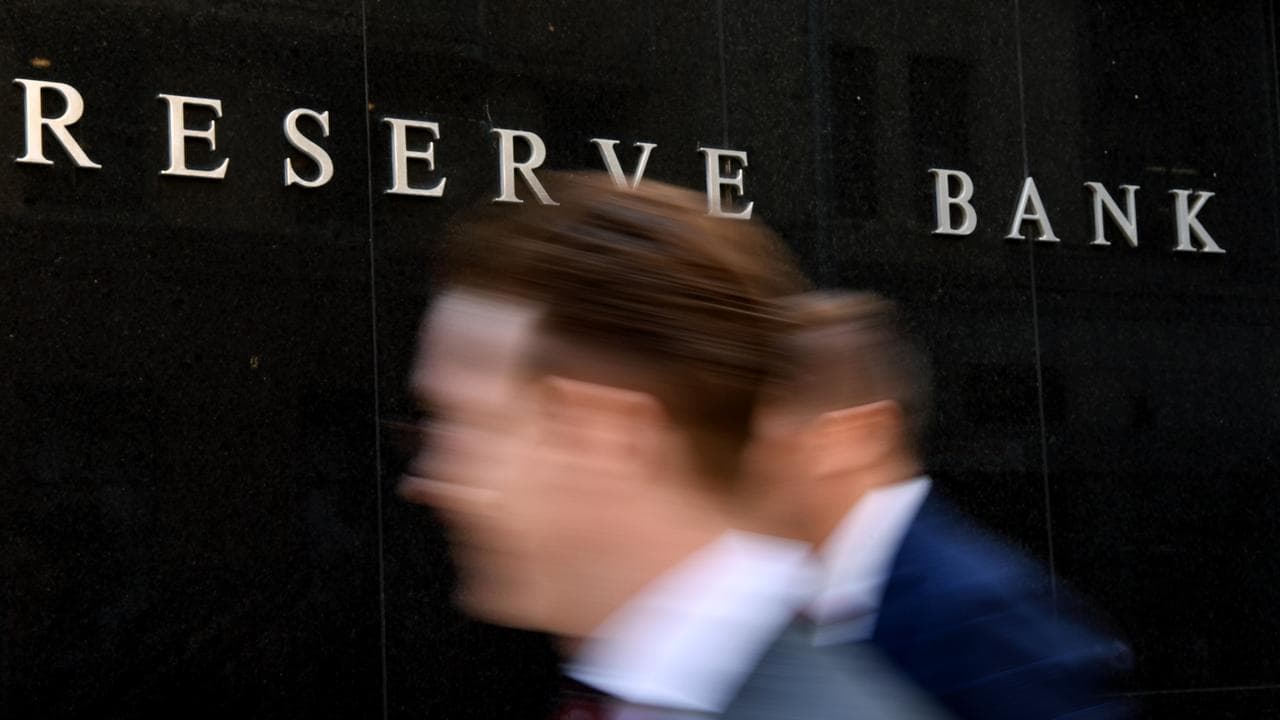
Strong jobs figures may be a "good surprise" for Treasurer Jim Chalmers, but they give weight to a possible interest rate rise.
Economists say the prospects of the Reserve Bank lifting rates again on August 1 are an even bet.
The jobless rate held steady in June at 3.5 per cent - close to its lowest level in almost five decades.
Incoming Reserve Bank governor Michele Bullock has indicated unemployment needed to sit at 4.5 per cent to get inflation back under control.
But Dr Chalmers said the jobs figures were reassuring.
"The fact our jobs market has been really quite remarkably strong has been a good kind of surprise," he told ABC Radio on Friday.
"Our jobs market is really holding up despite the economy slowing considerably elsewhere."
The treasurer said the central bank would weigh up many factors beside unemployment numbers before making its next rates decision.
"They'll have the opportunity to consider the jobs market but also in the context of all of these other indicators that show that our economy is slowing," he said.
"There's a big difference here between the technical definition which feeds a forecast, which is what Michele Bullock was talking about, and our broader aspirations and objectives."
St George economists said markets were pricing a 47 per cent chance of a rate hike, following the strong jobs report.
"This is up from around a 30 per cent chance at the start of the week," they said on Friday.
"There will likely be more conviction on the call after next week’s June quarter inflation data."
CommSec economists expect the annual growth rate of headline CPI, to be released on Wednesday, will ease from seven per cent to 6.2 per cent in the June quarter.
The monthly CPI indicator is predicted to ease from 5.6 per cent in May to 5.4 per cent in June.
This is still well outside the Reserve Bank's target band of two to three per cent.
Deloitte Access Economics forecasts suggest the central bank has already lifted rates too far in the fight against sources of inflation over which it has minimal influence.
The group has repeatedly urged the central bank to end its tightening cycle and maintains it has done too much.
The Reserve Bank opted to keep interest rates on hold in July at 4.1 per cent.
Deloitte's Stephen Smith said most inflation in the system had been fuelled by supply-side issues such as global shipping costs, a disorderly energy transition and disruptions to construction - none of which responded readily to higher interest rates.
Additionally, the full force of the 400 points of increases is yet to be felt.
"Overall, the profile for the normalisation of inflation is achievable with the monetary policy decisions already taken," Mr Smith said.
The economist said improved tax, productivity and competition policy should be a government focus.
Liberal frontbencher Sussan Ley said making the economy more productive, through such policies as making electricity more affordable and reliable, was key.
"Or, unfortunately, we're going to have a Reserve Bank that continues to raise interest rates," she told Seven.




